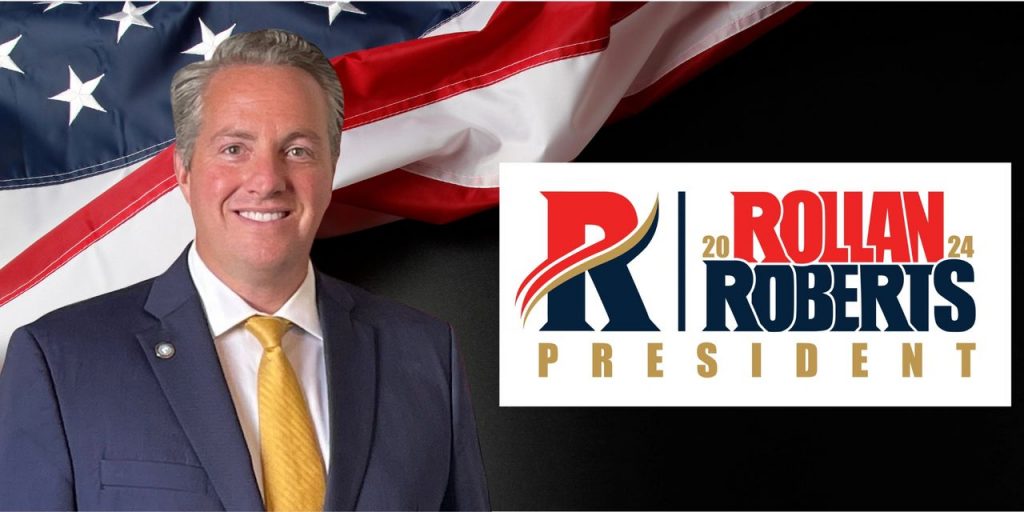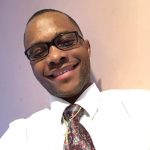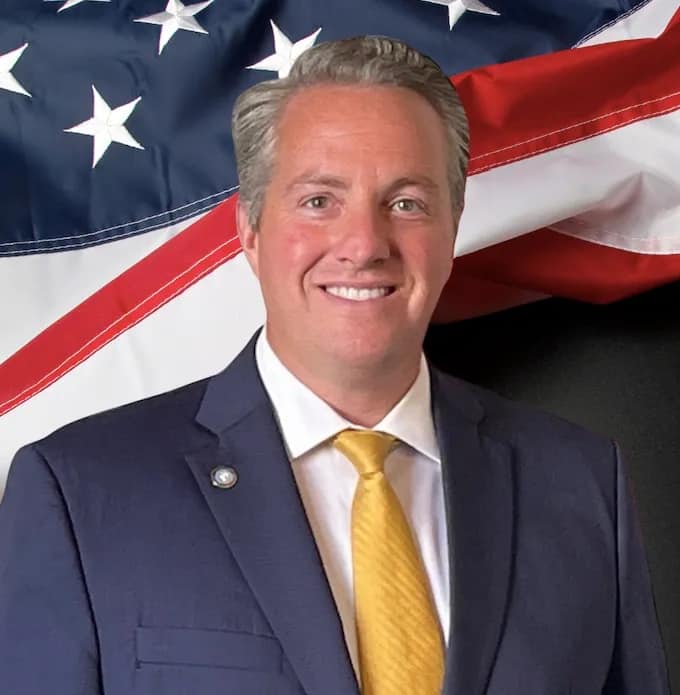AS THE UNITED STATES presidential and legislative elections draw near, some politicians are leaving no stone unturned as they try to leverage the growing number of immigrant votes. Dr. Rollan A. Roberts II is a Republican member of the West Virginia Senate for the 9th District. He recently drew the attention of Liberians at home and abroad by criticizing the U.S. recent sanctions on officials of the Weah-led government, especially noting that the Minister of Finance and Development Planning Mr. Samuel Tweah, and his family were wrongly targeted for favoring a Liberian-based company ArcelorMittal (AML) over a U.S.-based company HPX, also known as High Power Exploration.
IN A RECENT PRESS CONFERENCE, the Chargé d’Affaires of the U.S. Embassy near Monrovia Catherine Rodriguez stated that the U.S. foreign policies towards Liberia remain unchanged and that the U.S. is unwaveringly committed to accountability, human rights, and the use of sanctions as a powerful tool in the fight against corruption. She warned that sanction actions remain an active measure of the U.S. to discourage corruption and human rights abuses.

BUT IN AN INTERVIEW with the Liberia Radio and TV Network on Thursday, December 21, 2023, Sen. Roberts mentioned that whilst he doesn’t support corruption and human rights abuse, circumstances surrounding the section on Minister Tweah and family were political, and that there is a pattern to the abuse and misapplication of sanctions from time-to-time. He emphasized that Africa needs to be treated with respect, needs mutual partnership, and not strong-armed diplomacy. He assured Liberians that with their support for his candidacy for U.S. President, he would do right to Liberians by ensuring that Liberia gets the development it needs through mutual and beneficial investments over aid; stating that aid is part of the problem as it enriches politicians instead of directly benefiting the ordinary citizens.
SEN. ROBERTS ACKNOWLEDGED that with the growing representation of Liberian-Americans in the U.S., their votes are very important, adding that given the opportunity to serve, he understands that there is much that is needed to be done to improve the relationship between the U.S. and Liberia.
SPEAKING ABOUT U.S. VISA, Sen. Roberts frowned on fees charged Liberians for U.S. diversity and regular visas through a process that Liberians complained is exploitative and unfair. Liberians complained that the U.S. Embassy near Monrovia receives volumes of costed applications without notifying them the embassy can only issue a specified number of visas annually. Many Liberians would rather the embassy drop or refund unsuccessful applicants some if not all of their visa application fees.
IT CANNOT BE DENIED that Sen. Roberts has gained the attention of the Liberian communities across the U.S. As Liberians’ interests in politics at home and abroad become increasingly visible, it appears this is the beginning of a new chapter in Liberian-American active involvement in U.S. politics. However, it remains to be seen how Sen. Roberts intends to build on this momentum. There is an unofficial count of over half a million Liberians currently living in the United States, more than half are believed holding U.S. citizenship. There is also a growing number of children born to Librarians who have reached the voting age, adding to this growing demographic.

Dr. Clarence R. Pearson, Sr. is a Liberian clergy and social scientist with strong interest in advancing global peace, human rights, a safe planet, and social equity. He holds a BA in Theology, and MA with distinction from the Kofi Annan Institute for Conflict Transformation, University of Liberia. He also graduated with honor from the Louisiana Baptist University and Seminary, Shreveport, Louisiana, USA with A PhD in Psychology and Counseling. Dr. Pearson is a social researcher, an educator, and an author. He has over 29 years of practical professional experience in post-conflict peace-building, recovery, and development with emphasis in both the public and private sector.

